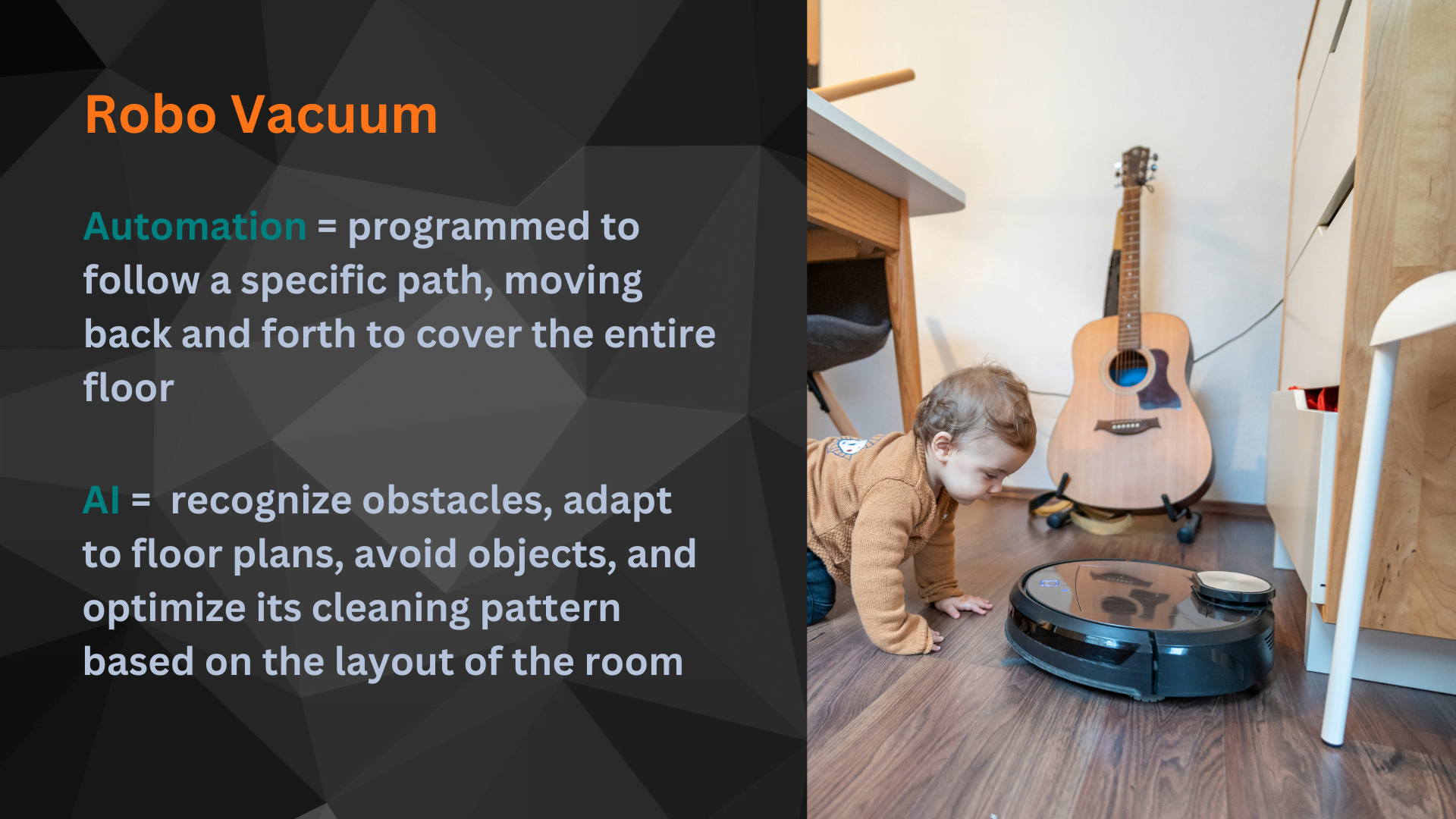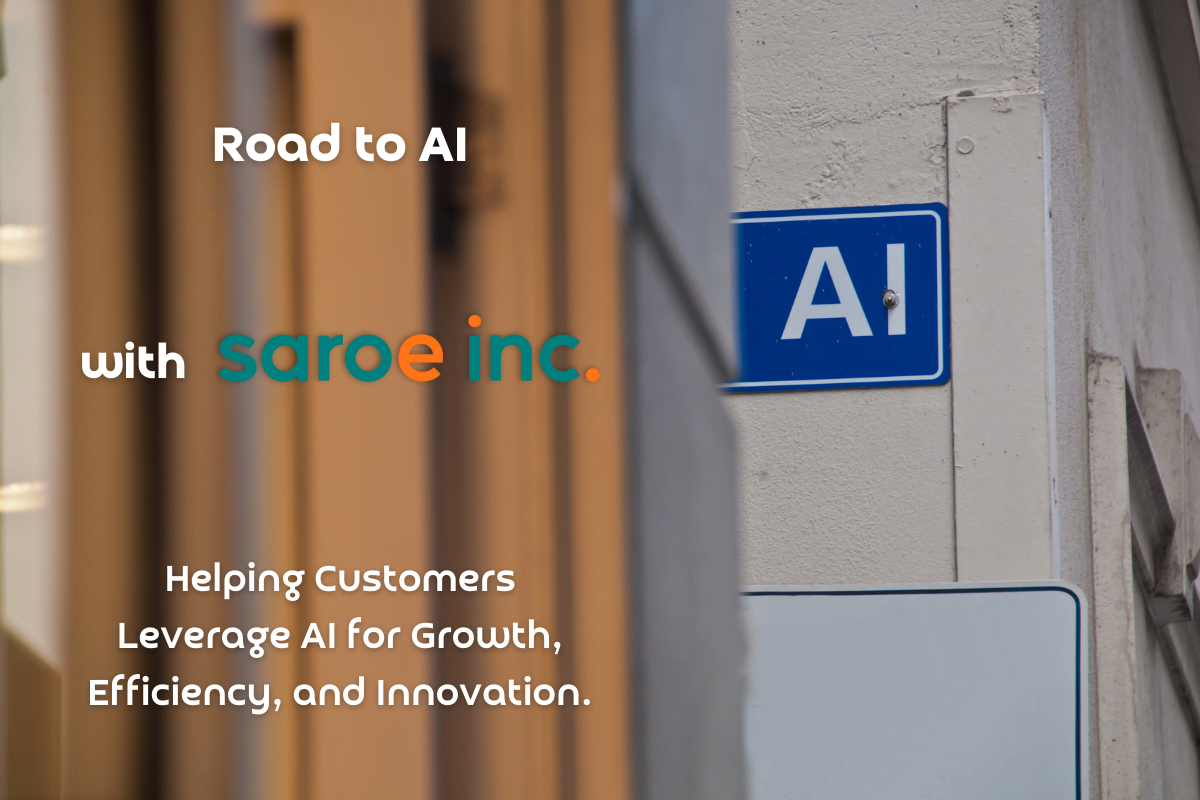The Hidden Costs of AI for SMBs: What No One Talks About

AI is transforming small and medium-sized businesses (SMBs) by automating tasks, improving efficiency, and enhancing customer experiences. However, while the benefits are often highlighted, the hidden costs of AI adoption are rarely discussed. SMBs rushing into AI may find themselves facing unexpected expenses and risks. Here’s what business owners need to watch out for when integrating AI into their operations.
AI Hallucinations and Bad Decision-Making
Many AI models are imperfect—they hallucinate data, generating false or misleading information.
Relying on AI-generated financial forecasts, contracts, or legal documents without human oversight can lead to costly mistakes.
AI-driven customer service bots can misinform customers, leading to reputational damage.
Small businesses that use AI for hiring and screening may unintentionally introduce bias, resulting in compliance issues.
AI-powered recommendation engines may prioritize highly correlated but incorrect insights, leading to flawed business strategies.
💡 Mitigation Tip: Businesses should always verify AI-generated outputs, conduct A/B testing before implementing AI recommendations, and keep humans in the loop for critical decisions. There are techniques you can use to address some of these during the development and integration.
Hidden Subscription and Integration Costs
Many AI tools come with low entry pricing but charge extra for advanced features, API access, or integrations.
Businesses often find that their initial AI investment grows over time due to add-ons and usage-based pricing.
AI tools that require custom integrations can demand additional development costs and IT expertise.
Some AI vendors lock businesses into long-term contracts, limiting flexibility.
AI-based tools with complex dependencies may require ongoing maintenance and troubleshooting.
💡 Mitigation Tip: SMBs should calculate the total cost of ownership (TCO) before committing to AI tools and consider open-source or low-cost alternatives when possible. Establish a cost-benefit analysis framework before signing long-term AI contracts.
Cybersecurity Risks and Compliance Costs
AI systems often rely on sensitive business data, making cybersecurity a major concern. As AI adoption grows, so do the risks:
AI-driven automation can create new security vulnerabilities, especially if businesses are using cloud-based AI tools.
Compliance with data privacy regulations (such as GDPR, CCPA) requires additional investment in security audits and legal reviews.
AI vendors may not always guarantee data protection, potentially leading to breaches.
AI-generated content may unknowingly expose confidential business strategies to third-party platforms.
SMBs face an increased risk of phishing attacks and deepfake fraud, where attackers manipulate AI-generated content to deceive businesses and customers.
💡 Mitigation Tip: SMBs should conduct regular security assessments, invest in AI-specific cybersecurity solutions, and ensure their AI vendors meet compliance standards. Additionally, businesses should establish clear AI governance policies to protect sensitive data.
Employee Training and Resistance to Change
AI adoption isn’t just about plugging in a tool—it requires employee buy-in and training.
Employees may resist AI-driven changes due to fear of job displacement.
Training staff to work with AI systems adds an unplanned cost in time and resources.
Without proper onboarding, employees may misuse AI tools, leading to inefficiencies.
There is a risk of over-reliance on AI, where employees begin trusting AI decisions blindly instead of applying critical thinking.
💡 Mitigation Tip: SMBs should involve employees early in the AI transition process, provide proper training, and position AI as an enhancement, not a replacement for jobs. A gradual rollout and pilot programs can help employees adjust to AI systems without disruption.
Vendor Dependence and Lock-In
Many AI solutions are proprietary, meaning businesses become reliant on a single provider.
If a vendor changes pricing, limits features, or shuts down, SMBs have little control.
Switching to a different AI solution often requires costly migrations and retraining.
Businesses using AI-generated content (for marketing, customer support, etc.) may lose access to past work if the vendor revokes licenses.
Over-reliance on a single AI model limits flexibility in adapting to market changes.
💡 Mitigation Tip: Look for AI tools with open standards, avoid long-term contracts without escape clauses, and maintain backups of AI-generated data. Consider modular AI systems that can be swapped out if needed.
AI Bias and Ethical Pitfalls
AI models can inherit biases from their training data, leading to unintentional discrimination.
AI hiring tools have been known to favor certain demographics over others.
AI-generated recommendations (e.g., pricing, credit decisions) may unfairly disadvantage certain customer groups.
Relying on AI in sensitive areas like healthcare, finance, or legal advice can introduce ethical concerns.
AI-based sentiment analysis may misinterpret cultural nuances, leading to flawed insights in customer engagement.
💡 Mitigation Tip: SMBs should demand transparency from AI vendors, regularly audit AI decisions, and have ethical review processes in place. Implement bias-detection tools to monitor AI-generated decisions and train AI models on diverse datasets to minimize bias.
Final Thoughts: AI is a Tool, Not a Magic Bullet
AI can be a game-changer for SMBs, but only when implemented thoughtfully. Business owners must look beyond the hype, carefully evaluate the total cost of AI, and plan for long-term sustainability.
Rather than diving in headfirst, SMBs should adopt AI strategically—testing, validating, and mitigating risks before fully integrating it into their operations. By being proactive, SMBs can harness the power of AI while avoiding its pitfalls.
🚀 Ready to leverage AI the right way? Contact us to explore AI solutions tailored for SMBs!







